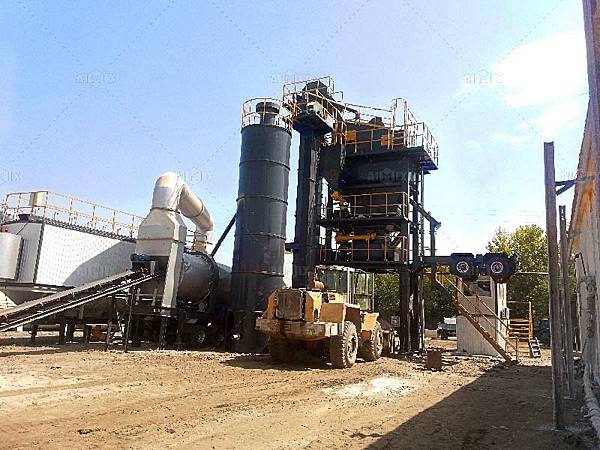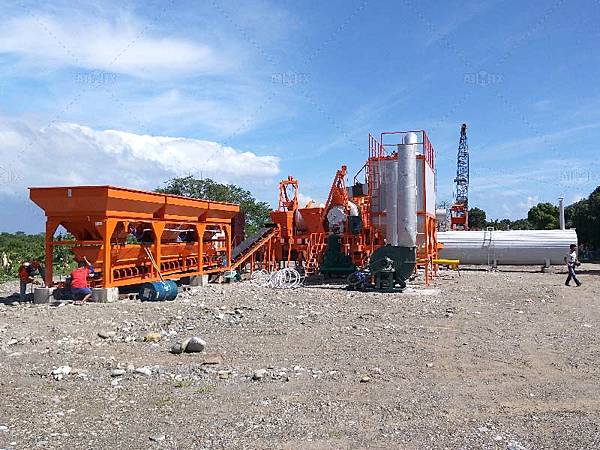Operating an intermittent asphalt plant comes with its share of challenges, especially when it comes to ensuring the safety of plant operators. The nature of the work, involving hot materials, heavy machinery, and potential hazards, requires strict adherence to safety protocols and best practices. Here are some essential tips to help safeguard the well-being of intermittent asphalt plant operators:
Comprehensive Training Programs
Before operators set foot in an intermittent asphalt plant, they must undergo comprehensive training programs. These programs should cover a wide range of topics, including plant(plantas de asfalto discontinuas) operations, emergency procedures, equipment handling, and hazard recognition. By ensuring that operators are adequately trained, employers can minimize the risk of accidents and injuries in the workplace.
Personal Protective Equipment (PPE)
Wearing appropriate personal protective equipment (PPE) is essential for intermittent asphalt plant operators. This includes items such as heat-resistant clothing, safety goggles, hard hats, gloves, and steel-toed boots. PPE acts as a barrier against potential hazards, providing an additional layer of protection for operators working in challenging environments.

Regular Equipment Inspections and Maintenance
Regular inspections and maintenance are critical for keeping intermittent asphalt plants in optimal working condition. Operators should conduct pre-shift inspections to identify any signs of wear, damage, or malfunction in equipment and machinery. Any issues should be addressed promptly to prevent accidents or breakdowns during operation.
Hazard Identification and Mitigation
Identifying and mitigating hazards is essential for maintaining a safe work environment in intermittent asphalt plants. Operators should be trained to recognize potential hazards such as hot surfaces, moving machinery, and chemical exposure. Employers can implement measures such as signage, barriers, and safety protocols to minimize the risk of accidents and injuries.
Emergency Preparedness
Being prepared for emergencies is crucial for intermittent asphalt plant operators. Emergency procedures should be clearly outlined and communicated to all personnel, covering scenarios such as fires, spills, equipment failures, and medical emergencies. Regular drills and training exercises for the asphalt plant(planta asfaltos) can help ensure that operators know how to respond quickly and effectively in the event of an emergency.

Proper Material Handling
Handling hot asphalt and other materials requires caution and attention to detail. Operators should be trained in proper material handling techniques to prevent burns, spills, and other accidents. This includes using appropriate tools and equipment, maintaining a safe distance from hot surfaces, and following established procedures for loading and unloading materials.
Health and Wellness Programs
Promoting health and wellness among intermittent asphalt plant operators can contribute to overall safety and well-being. Employers can offer programs and resources aimed at promoting physical fitness, mental health, and stress management. By prioritizing the health and wellness of their workforce, employers can create a safer and more productive work environment.
In conclusion, ensuring the safety of intermittent asphalt plant operators requires a multifaceted approach that encompasses training, equipment, maintenance, hazard identification, emergency preparedness, proper material handling, and health and wellness initiatives. By implementing these measures, employers can create a workplace where operators can perform their duties safely and effectively, minimizing the risk of accidents and injuries.


 留言列表
留言列表